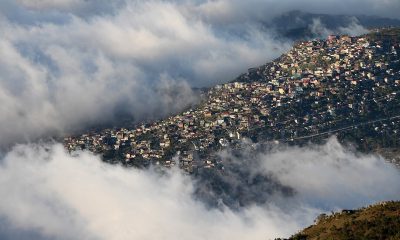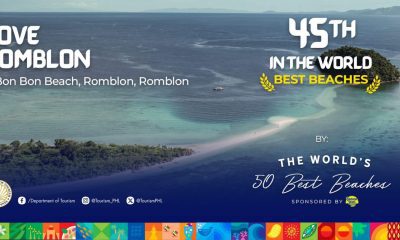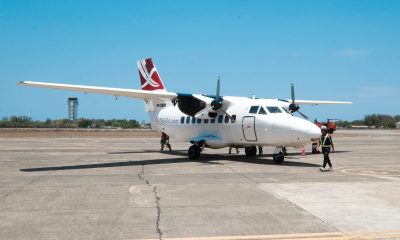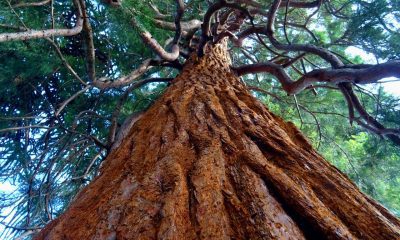Canada News
Indigenous leaders say reconciliation involves recognition of values, culture

McKenna announced $5.7 million in funding from the Indigenous Guardians pilot program for 28 conservation projects. The initiative is part of a $25 million program announced in last year’s budget. (Photo: @ec_minister/Twitter)
SIDNEY, B.C. — A federal government initiative to support Indigenous conservation efforts will help strengthen reconciliation across Canada, chiefs, leaders and elders said Tuesday.
The leaders from British Columbia, Manitoba and Nunavut told federal Environment Minister Catherine McKenna that reconciliation involves recognizing and supporting the deep connections their people have to the land.
McKenna announced $5.7 million in funding from the Indigenous Guardians pilot program for 28 conservation projects. The initiative is part of a $25 million program announced in last year’s budget.
The leaders said their planned projects are varied, but together they reveal the need to save traditions and build relationships.
One project looks to preserve languages, another examines hunting skills and one seeks to address climate change in the Far North.
“For me reconciliation is relationships,” said Chief David Walkem, of B.C.’s Cook’s Ferry Indian Band. “If we can have a good relationship with someone, then we can have a better chance of understanding each other,”
He said the eight Indigenous communities that comprise the Nlaka’pamux Nation, including his band in B.C.’s Interior, plan to use the pilot program to provide language training and bring people closer to the land.
“We’ve created books on our own foods so we can encourage our people to get back on the land so we can eat healthier,” Walkem said. “This program provides us a really good opportunity to help bring some of that together and implement on the ground a lot of what we’ve been doing.”
Will Goodon, Manitoba’s Metis Federation housing spokesman, said the pilot project will be used to keep alive the connections Metis have to the wilderness.
“I used to think everybody took the second week in November off to go deer hunting,” he said.
Goodon said he doesn’t want to see the Metis lose their hunting traditions.
“The Guardians (program) is, yes, about protecting the land, but it’s also about protecting our families and our communities,” he said.
Izaac Wilman, a spokesman for the Nunavut Tunngavik Inc., which manages Inuit responsibilities and ensures governments meet their obligations, said programs are underway to prepare communities for climate change.
Some of those changes include preparing residents for increased wildlife encounters as animals adapt to warmer conditions and look for new territories, and the arrival or more marine traffic, including cruise ships, as previously frozen waters open to shipping, said Wilman.
“As you can see from different communities they have different perspectives, different approaches,” said McKenna. “They’re good for the environment. They’re good for species at risk. They are good for relationships between elders and youth. They’re good for food security.”
McKenna said Indigenous people understand the importance of acting now to protect Canada’s environment and preserve biodiversity and the guardians program ensures they have support to be stewards of their lands, water and ice.





















